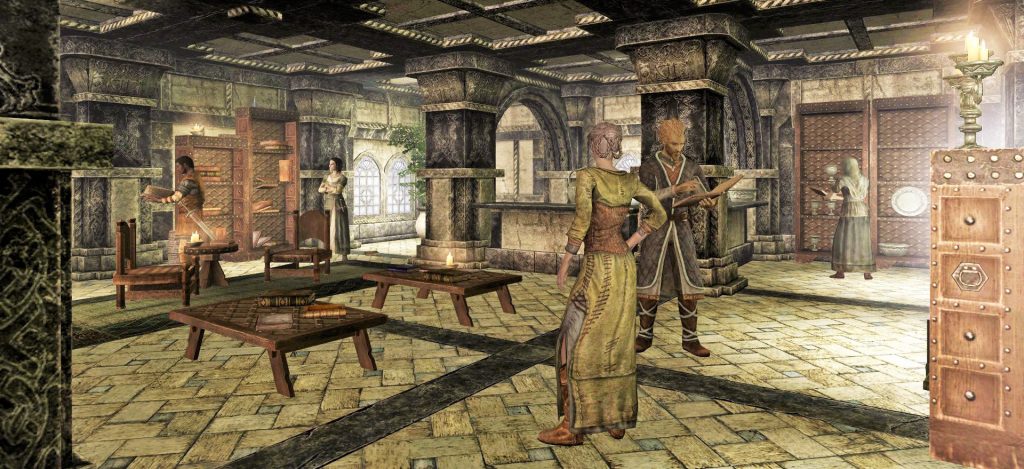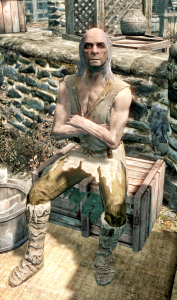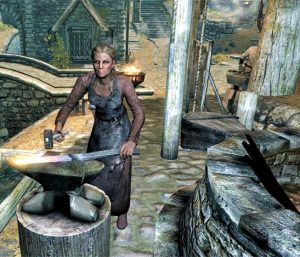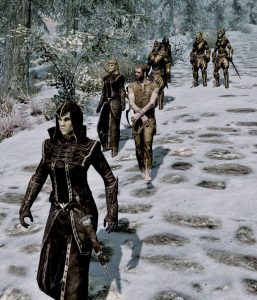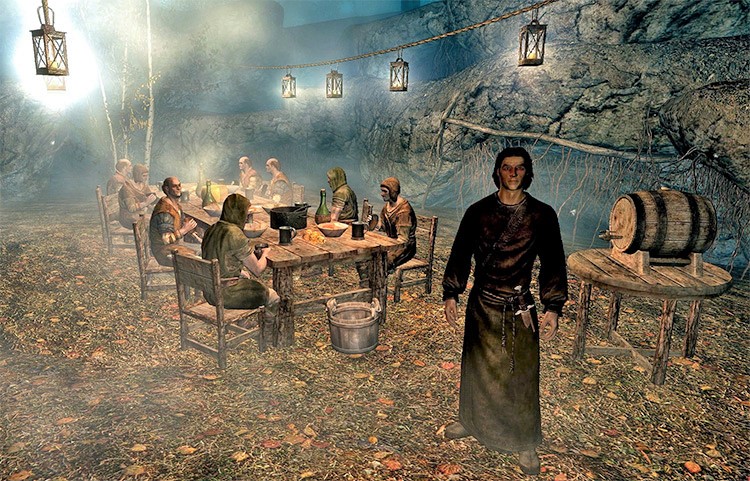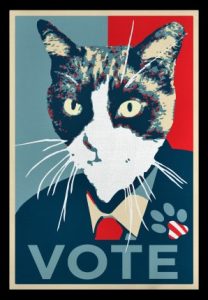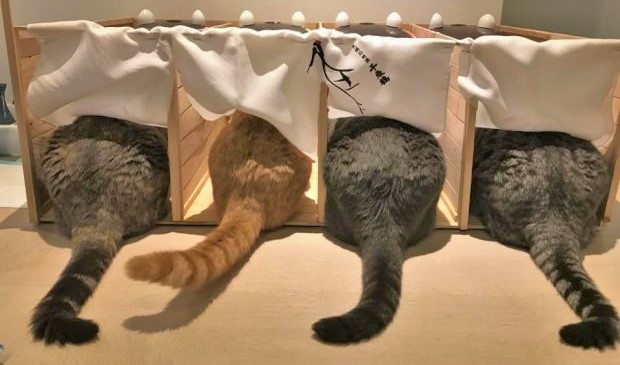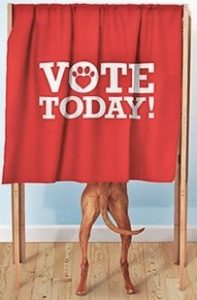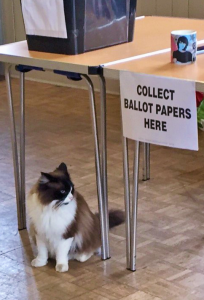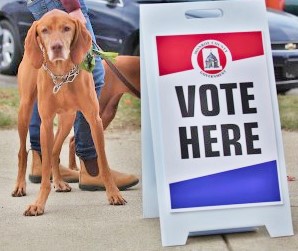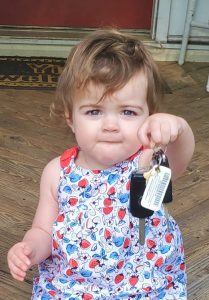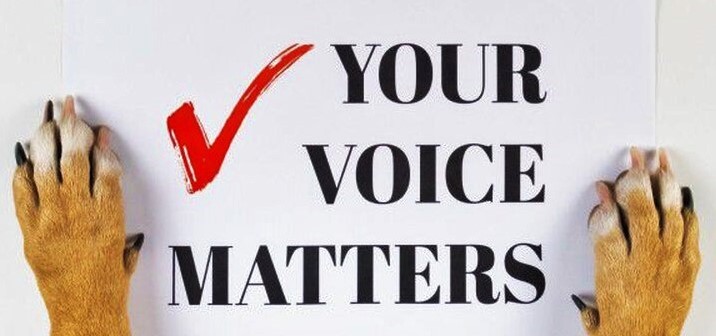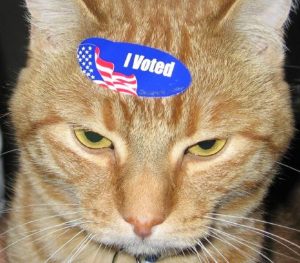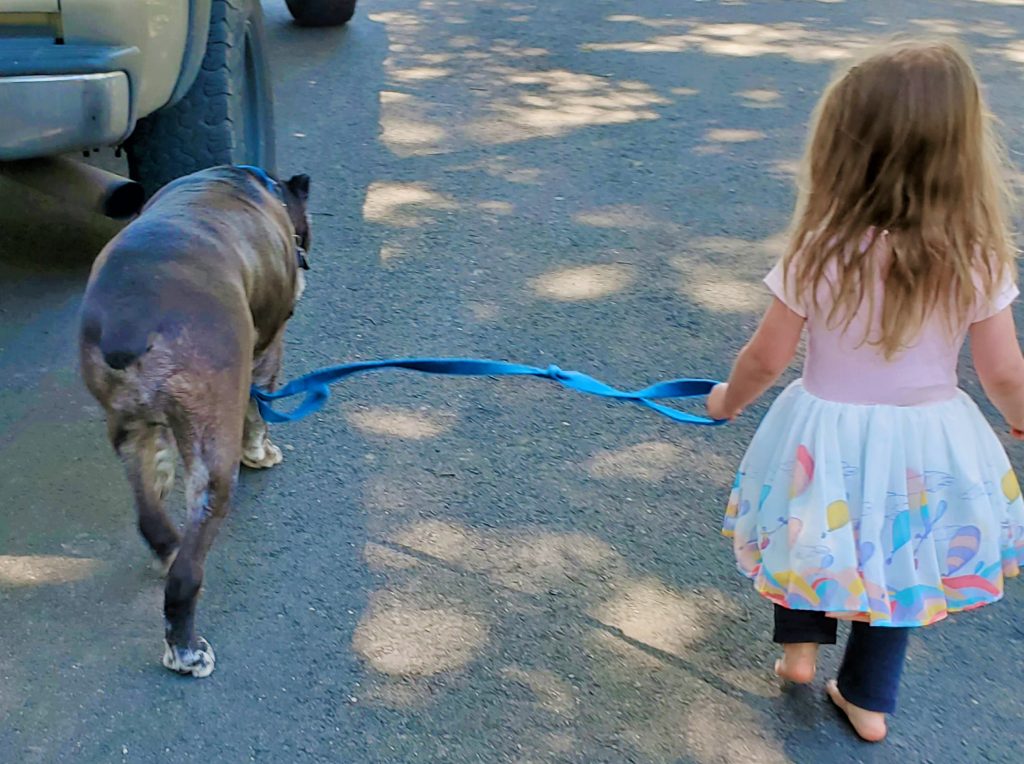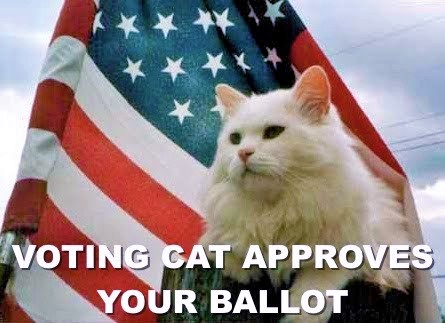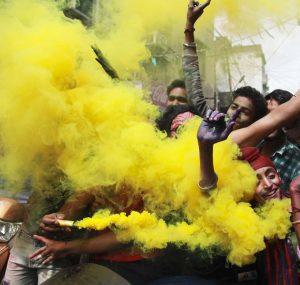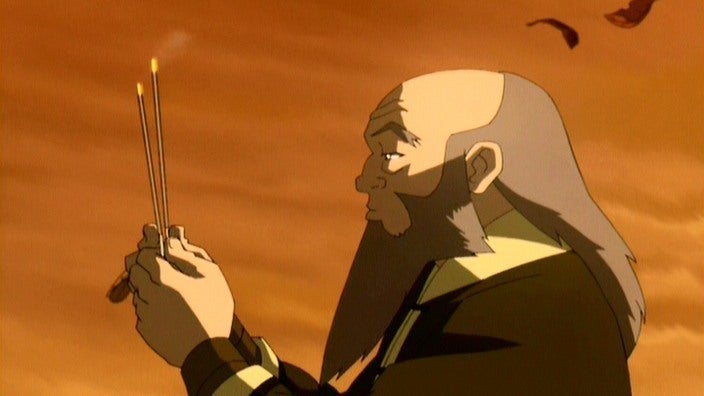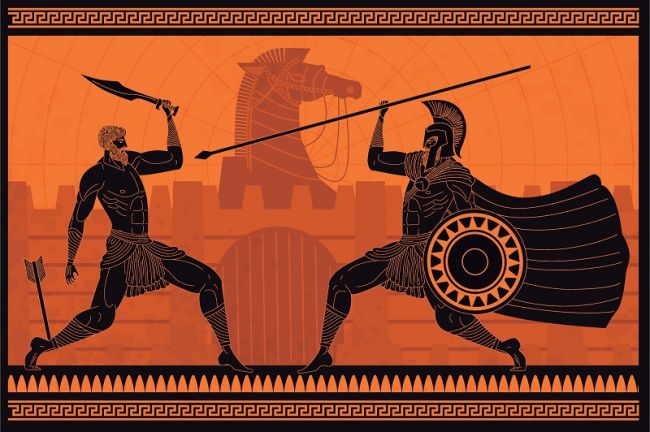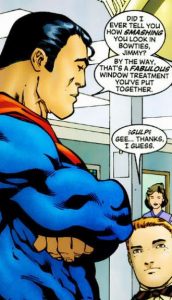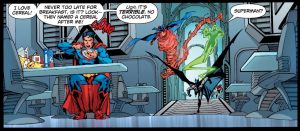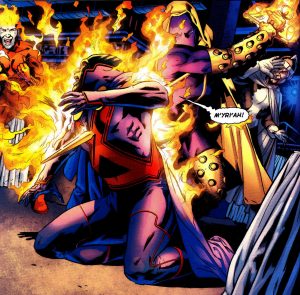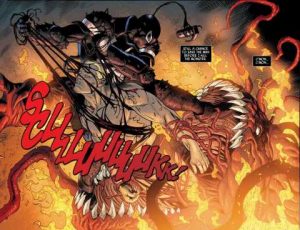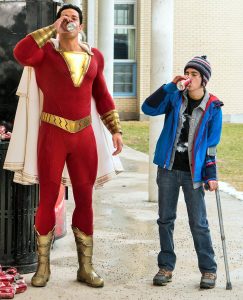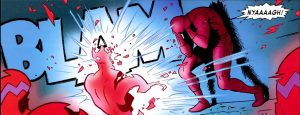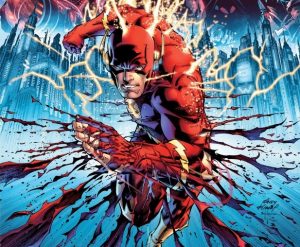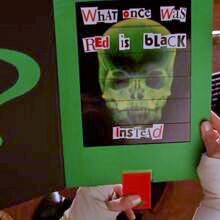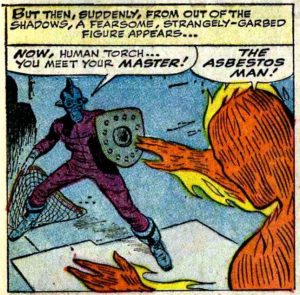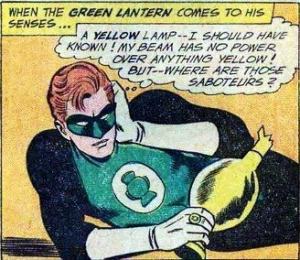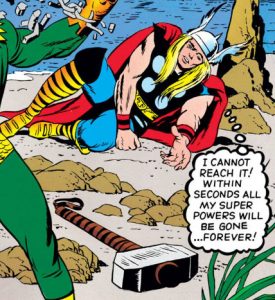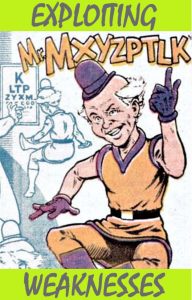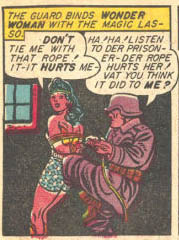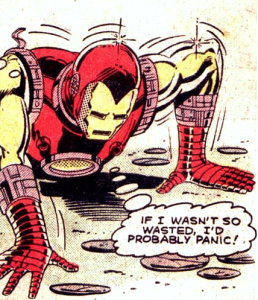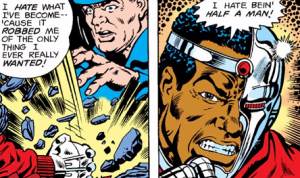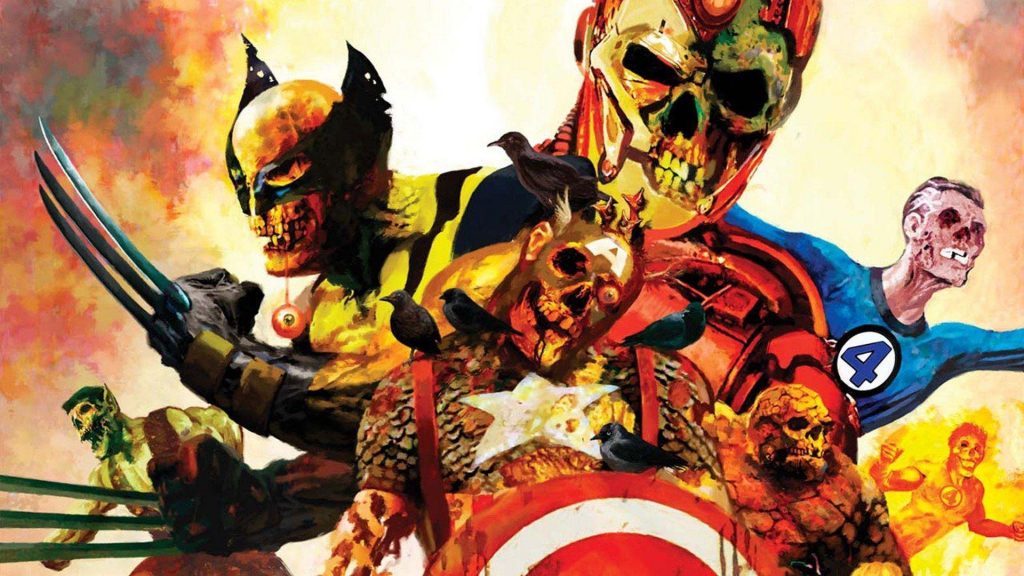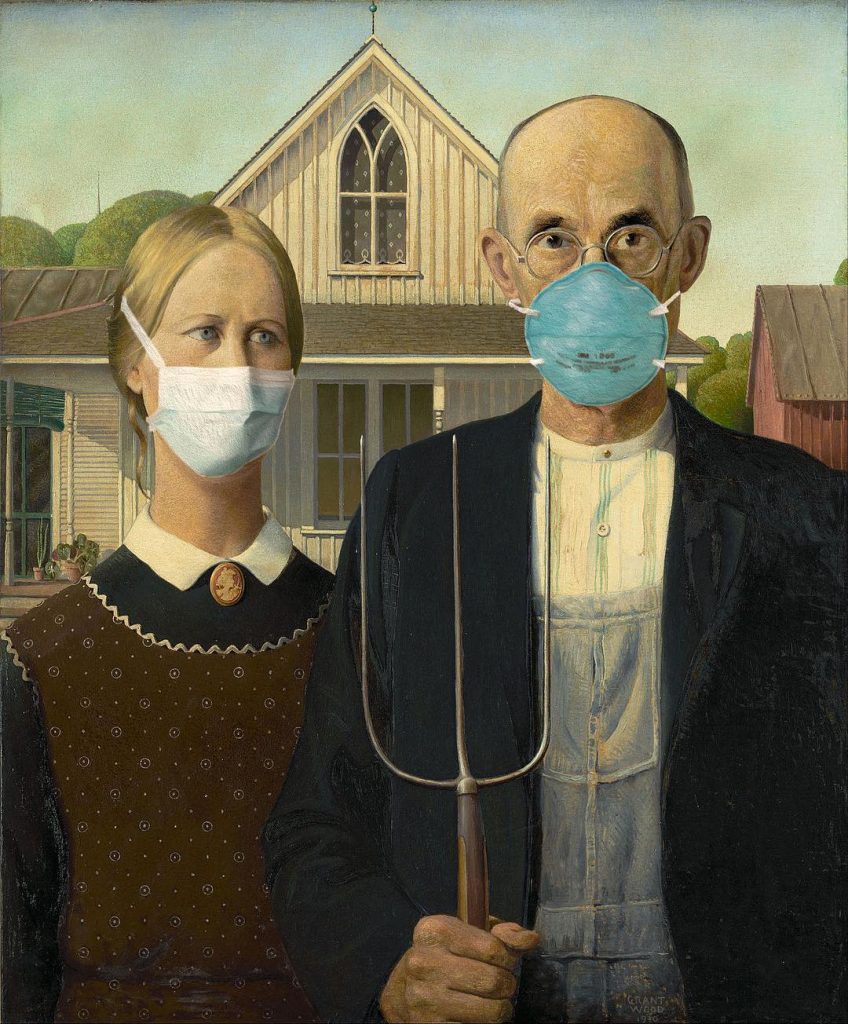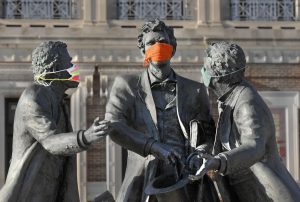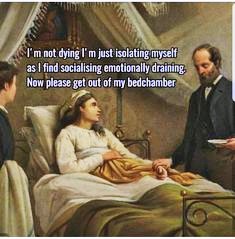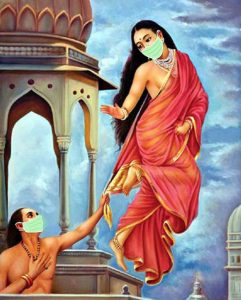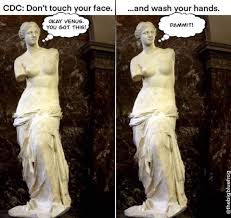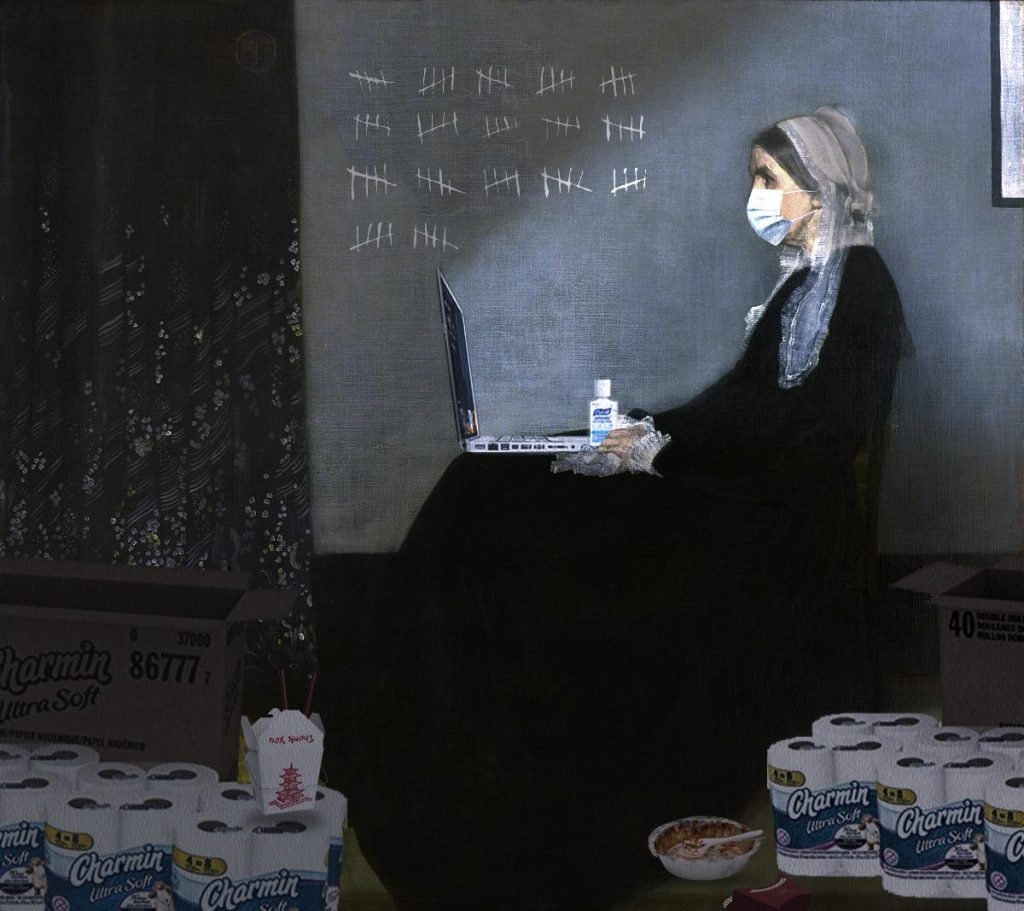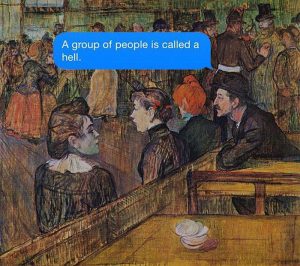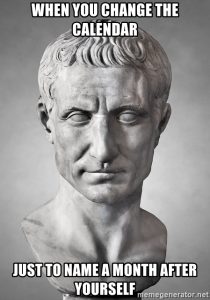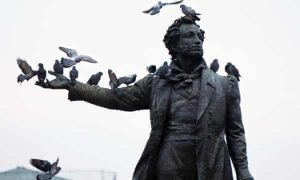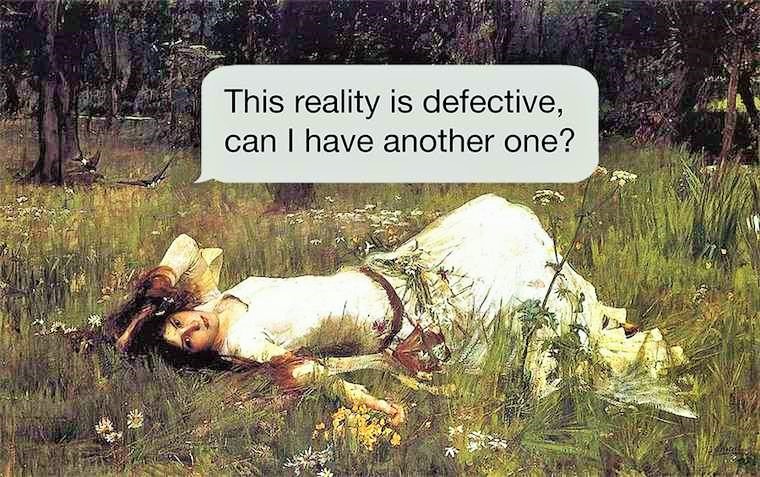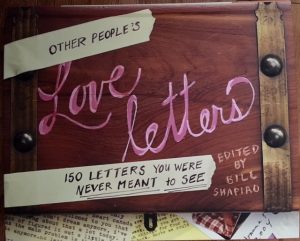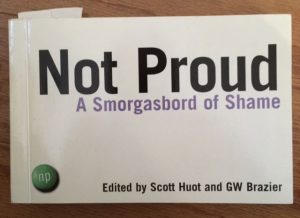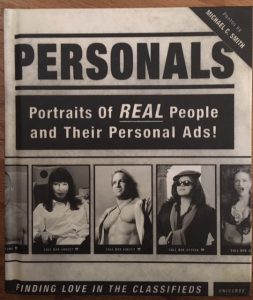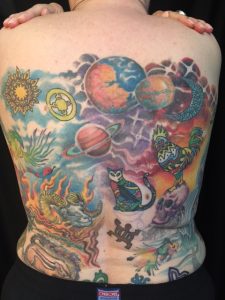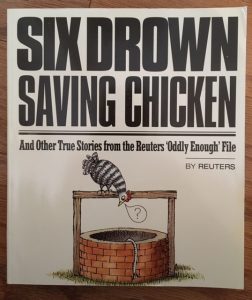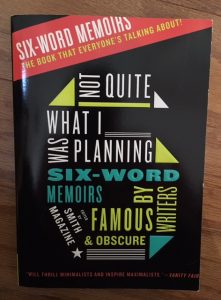Money, money, money! It touches nearly every aspect of a person’s/character’s life—and deserves conscious decision making.
How much money? These are not scientific or economic terms, rather, the sorts of terms people use to describe themselves and/or others. The actual dollar amounts associated with the descriptors may vary. What would you/your character say? Point of information: people tend to make finer distinctions closest to where they peg themselves, lumping the extremes into bigger chunks.
- Penniless
- Poverty stricken
- Poor
- Lower middle class
- Middle class
- Upper middle class
- Well off
- Rich
- Filthy rich
*I’ve also seen income level defined by preferred fast food options. The scale ranges from Going to AA Meetings for Coffee, through Taco Bell and Chipotle, all the way up to Whatever the Private Chef Makes.
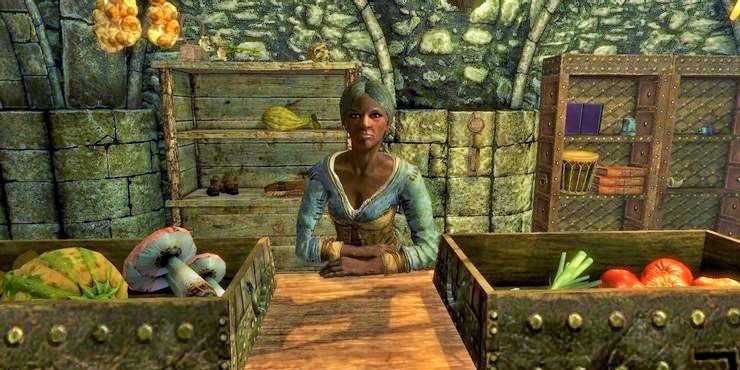
Source(s) of income: Note that respect for various sources of income varies widely. This often translates into treating people differently.
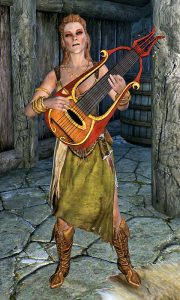
- Begging or panhandling
- Gambling
- Theft of various sorts, with or without another source
- Illegal activities
- SSI disability
- Medicare/Medicaid
- Hourly wage
- Entertainment, anything from a classical pianist to an exotic dancer
- By the job/ piecework
- Having multiple jobs
- Salary
- Salary plus bonuses
- Stocks/bonds, dividends/interest
- Trust funds
- Family loans/gifts
Stability/predictability/security of income: Obviously, stability has implications for mental health and life stress. Money can’t buy happiness, but it certainly makes achieving stability somewhat easier.
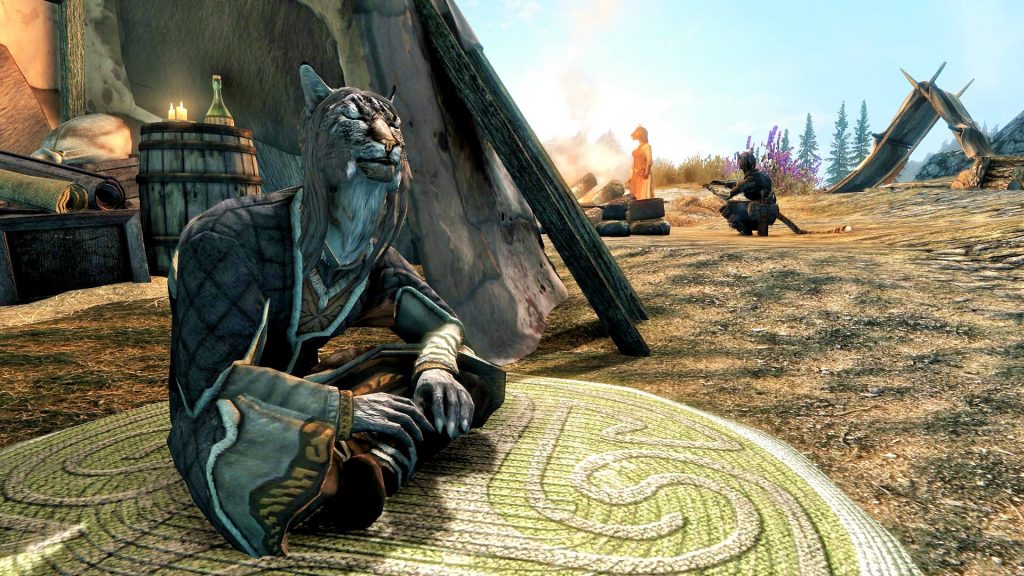
Thoughts on taxes: This could be the modern IRS, but the same questions could just as easily be applied to citizens providing magic spells or Zygloxans giving helium globules to the Grand Tyrant on Planet YT-3H81.
- Taking fewer payroll deductions than allowed in order to assure a tax refund vs. planning to owe and have the use of the money in the meantime
- Being willing to pay taxes or looking for ways to avoid paying them
- Finding quasi-legal or outright illegal methods to get out of paying taxes
- Carefully accounting for every expenditure or estimating
- Moral objections to the use of taxes (such as Thoreau)
Attitude toward money: Not necessarily related to amount of income.
- Always more where that came from
- Easy come, easy go
- Best to save for a rainy day/unexpected expense
- Sacrifice now for a secure retirement/college tuition/whatever
- Always live below your means
- Clips coupons and shops sales
- Shop resale/garage sales/etc.
- Buy quality, not quantity
- Budget every penny and then figure out which bills will have to remain unpaid
Money by comparison: Source(s), level, etc., of income, especially compared to family and friends.
- Similar
- Comparable
- Much above
- Much below
- Changed over your/your character’s lifetime
- Income disparity causing conflict
Where the money goes:
- Religious tithes
- Charitable contributions
- Necessities only
- Whatever strikes one’s fancy
- Luxuries, with or without guilt
- Whatever is most visible to elicit praise, admiration, or envy from others
- Hobbies (what?)
- Supporting family or friends who need a hand
- Pets
- Back into a business
- Stocks/bonds
- Sponsoring people on social media as indirect advertisement
How money is handled:
- Cash only
- Charge everything possible
- Pay by debit card whenever possible
- Pay bills as soon as one arrives
- Have bills paid by bank debit
- Pay at the last minute, sometimes incurring late fees
- Tip lavishly or stingily?
- Bank account
- Checking account
- Savings account
- Needing to take payday or title loans
- If having to choose food, rent/mortgage, utilities, gas/transportation, which?
Bottom Line: What other ways is money a lynchpin in the life of you / your character?

